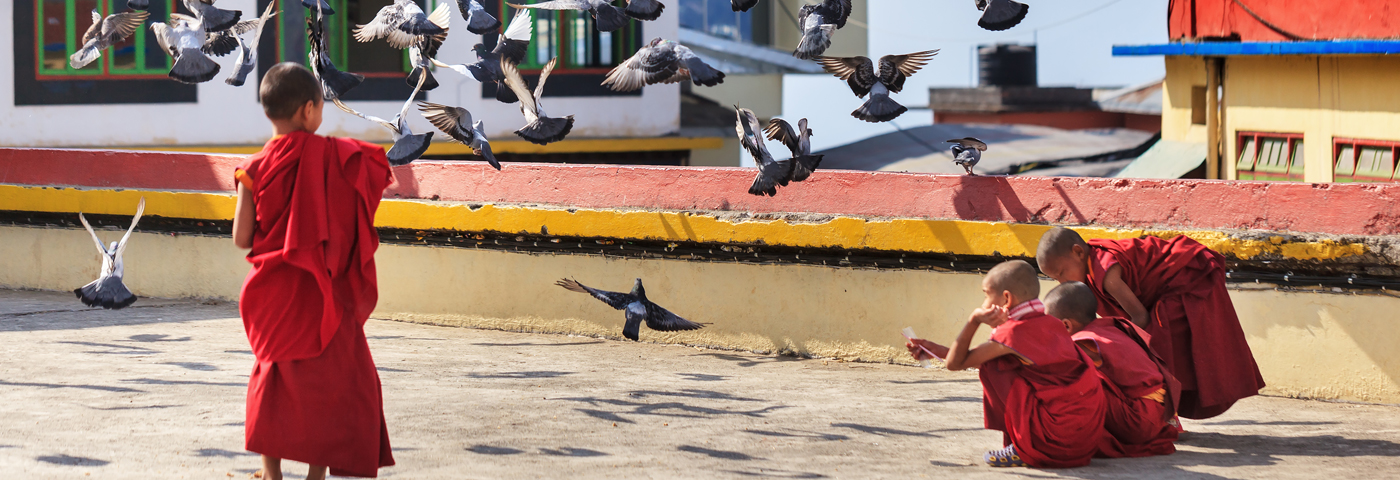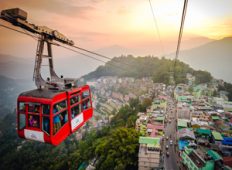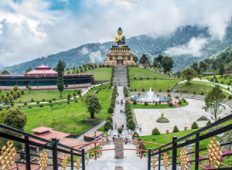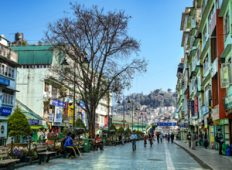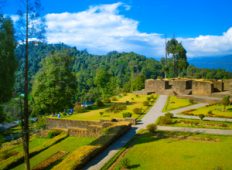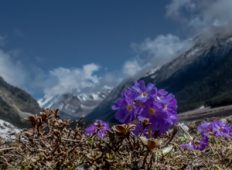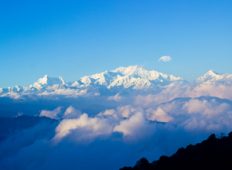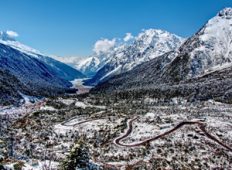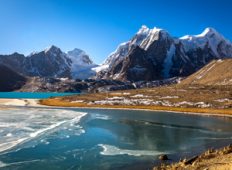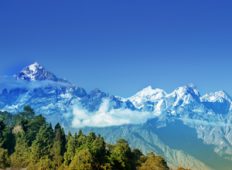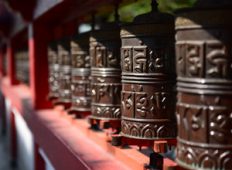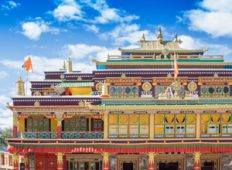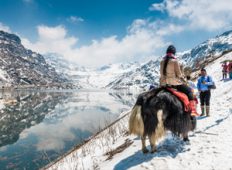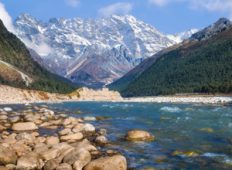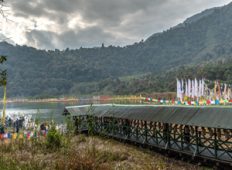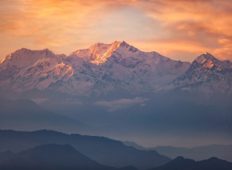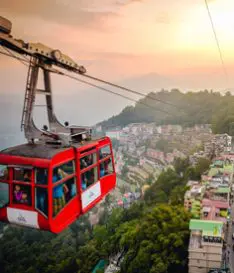PEOPLE AND CULTURE
Sikkim is a unique blend of different customs, religion and traditions of different communities. Since the ancient times, Sikkim was occupied by three tribes, namely, the Lepchas, the Bhutias and the Nepalese. They continue to form the people’s group and culture in Sikkim even today. The Nepalese population dominates a considerable portion of the Sikkim’s population and that is why Nepali is also the most common language among all the others in Sikkim. Recently, people have flocked over from the entire country and many Bengalis, Punjabis and Biharis have settled in to set up travel and construction businesses. A fusion of many cultures hence can be spotted but the state has remained exceptionally friendly and peaceful.
Sikkim is like a beautiful cultural bouquet that is adorned with attractive folk dances, traditions and customs of different tribes and castes. These myriad cultures have given birth to a quintessential Sikkimese culture that encompasses all walks and ways of life. Having said that, it has also managed to retain its own identity. These can also be seen in their festivals, various places of worship and cultural dances that are celebrated throughout the year.
The ceremonial mask dance performances is a must watch when you plan a trip to Sikkim. They are performed by the monks with superfluous zeal and energy. The sparkling jewellery and swords add to the authenticity of the performance while they dance to the resounding drums and trumpeting of horns.
The spirits of Sikkim are its mountains, rivers and forests are a part of it. Nature in the culture of Sikkim is considered to be God. The Phang Labsol festival is one of the festivals celebrated by the locals when they offer gratitude to the Mount Khangchendzonga. This festival is considered to be a powerful guard of the state.
Another festival called the Desian festival celebrated in the state symbolizes the victory of good over evil. This is similar to the festival of Dussehra because on the 10th day Diwali is celebrated.
There is also solemn Kagyat dance performed every year. Apart from these, several other festivals celebrated by the people of Sikkim are; Losoong, Namoong, Labab Duchen, Yuma-Sam-Manghim, Tendong-Iho-Rum-Fat, etc.
Talking about the original inhabitants of Sikkim; The Lepchas they existed much before the Bhutias and Nepalese migrated to the state. The earliest Lepcha settlers were believers in the bone faith, which is based on spirits.
Hence the spirit of Sikkim is in the mountains, rivers and forests. The Lepcha folklore is also rich with stories. The Lepchas house in the central part of the state and encompass the confluence of Lachen and Lachung.
The Bhutias are the people of Tibetan origin who migrated to Sikkim. They live in the north of Sikkim and also have a Bhutia house called “Khin”, which is usually of a rectangular shape.
Finally, the third sect of Nepalese appeared on the Sikkim scene much after the Lepchas and Bhutias. This sect migrated in large numbers and soon became the dominant community. In fact, they now constitute more than 80% of the total population.
So now, when you visit the state you will have a better idea of the types of people and culture that the state takes into consideration. You can also join the locals and be a part of their festivals because be it the Lepchas, Bhutias or the Nepalese they are all very warm-hearted people and their hospitability is unmatchable.

